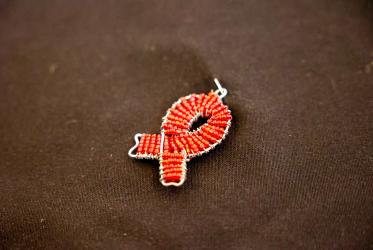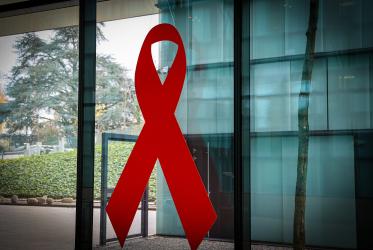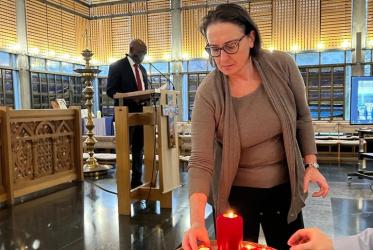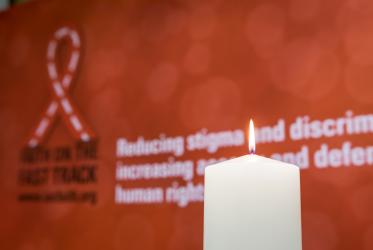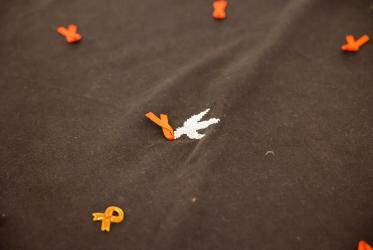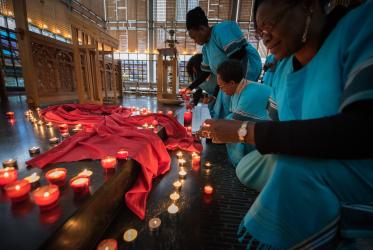Displaying 1 - 20 of 398
WCC, WHO commemorate 50 years of collaboration
04 April 2024
Compendium of Promising Practices of African Faith Community Interventions against Paediatric and Adolescent HIV
Executive Summary
23 March 2024
Faith Actors Reflect on Their Role in Reaching HIV Goals at ICASA
21 December 2023
Work with HIV response calls for a table that’s honest and equal
01 December 2023
On World AIDS Day, focus on how churches can “Let Communities Lead!”
01 December 2023
WCC institute encouraged rethinking theology
23 November 2023
WCC Eco-School begins in Crete
15 November 2023








